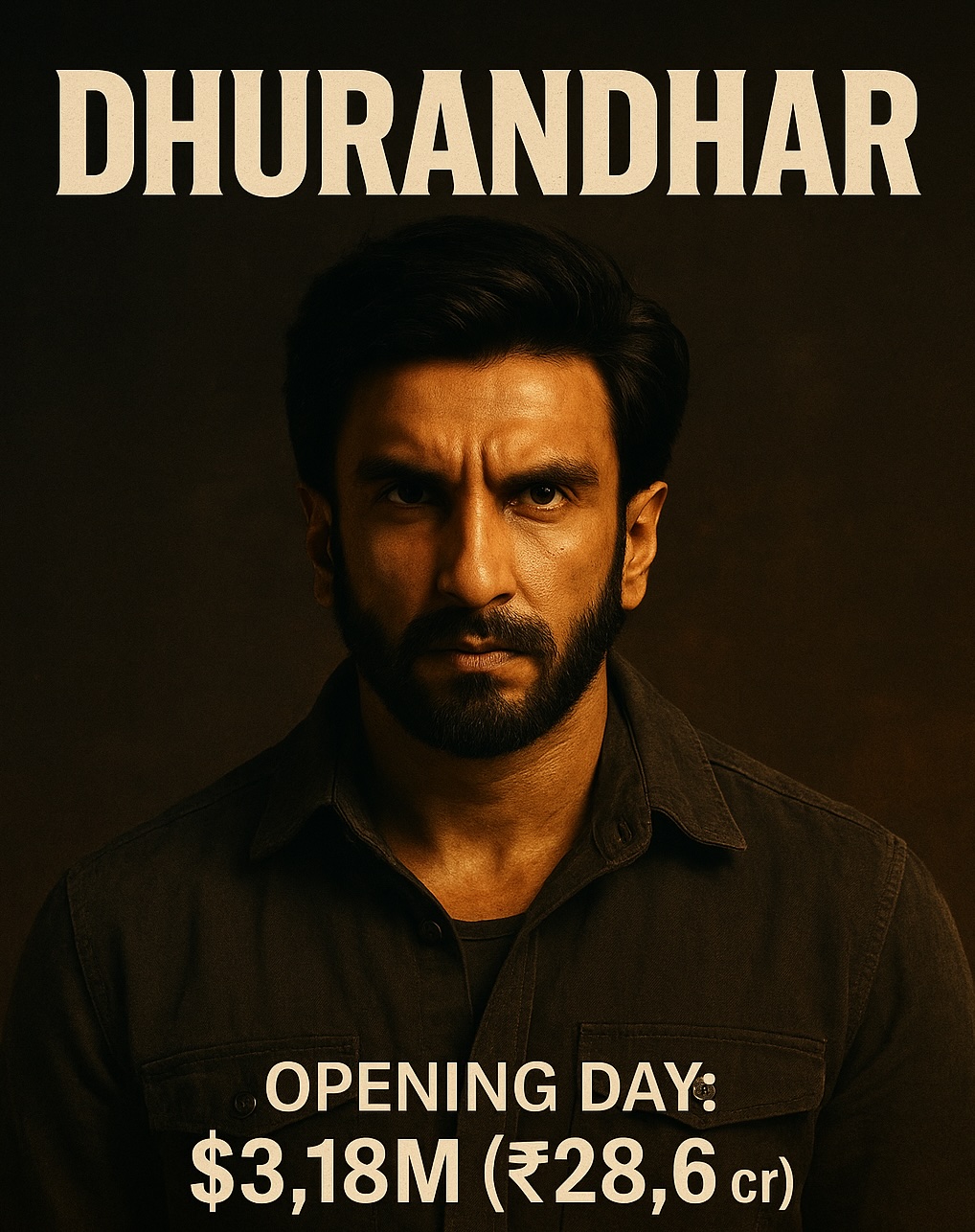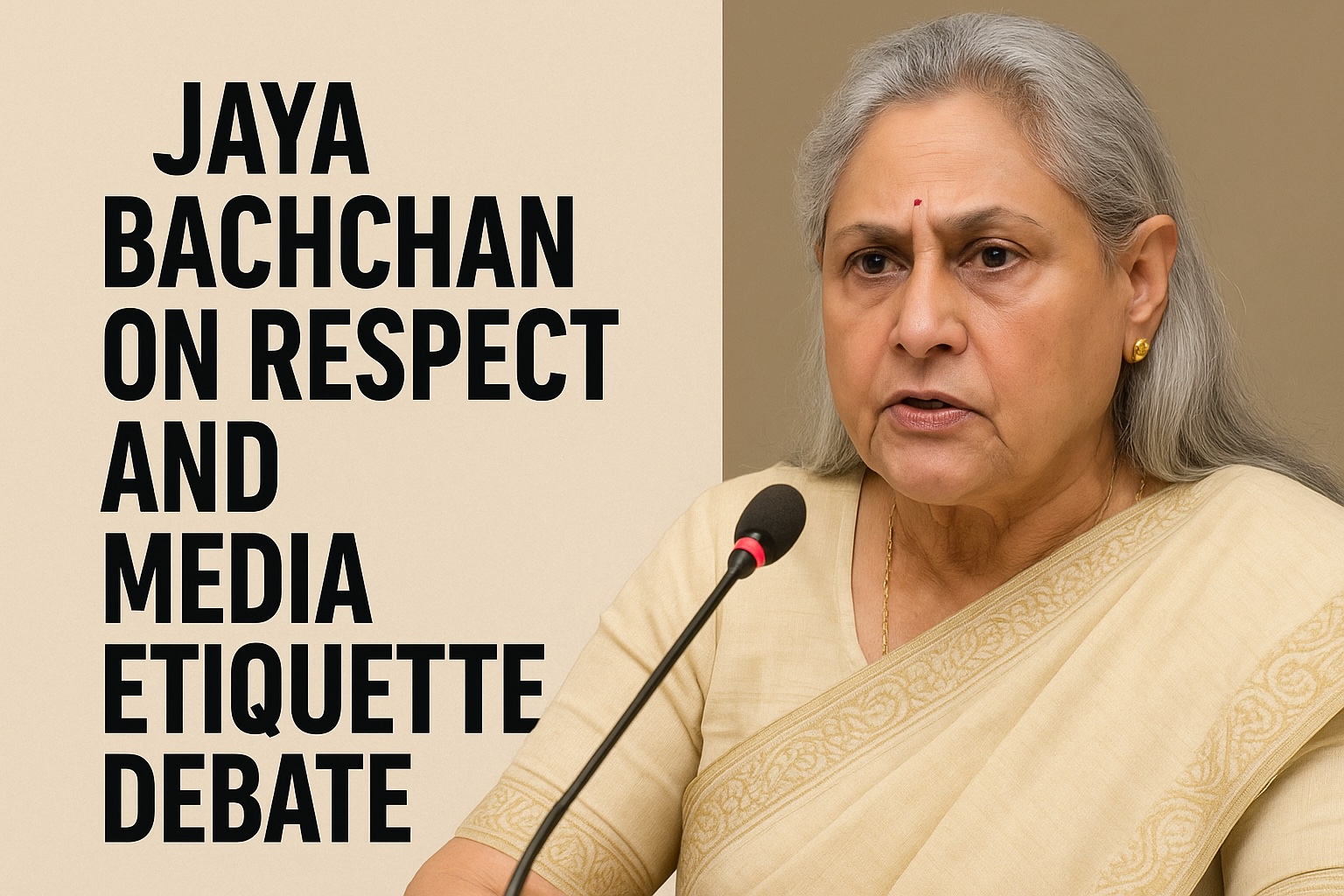Gippi (Riya Vij) is an overweight girl who is a below average student with no particular talent besides a passion for dancing to Shammi Kapoor tunes. She is not the minority. In fact these are the very children that make up the bulk of the students in Gippi’s Simla school. The rest are A-grade students, over-achievers with perfect hair, skin and figures. This group is symbolized by Gippi’s arch enemy – Shameera.
Gippi is not unlike any other 14 year old. She’s going through the trials of puberty and craves acceptance from her peers. Even though she’s from a broken home, she doesn’t lack in self-confidence thanks to a nurturing mother Pappi (Divya Dutta) and a supportive younger brother (Arbaz Kadwani). She finds her first love in an older, cooler high school boy (Tahaa Shah) only to be humiliatingly rejected in Shameera’s party. Challenged to prove she is no loser, Gippi decides to stand for election for head girl.
In the meanwhile she continues to misunderstand friendly overtures from the school hottie and treats her friends badly. There is really very little reason to like Gippi. Besides the entirely formulaic story which is a rehash of many Hollywood coming of age films, the lack of sympathy for Gippi is another of the film’s big letdowns. Better casting in the titular part might have added some character to the role, but Riya Vij has very limited expressions and is ill-equipped to pull off a fairly complex role. It hardly helps that her nemesis is played an equally amateur and jarring Jayati Modi.
Debutant director Sonam Nair makes up for her central character’s shortcoming marginally with a likable supporting cast. Worthy of mention are performances by Arbaz Kadwani as younger brother Booboo, Doorva Tripathi as the loyal best friend Anchal, and Aditya Deshpande as the spurned suitor, Ashish. Divya Dutta is extremely likable as the understanding mother.
The music is at odds with the obvious demographic of the audience – teens and college students. A folk song, bhangra song etc are not likely to connect much with that group. Further there is an intrusive over-emphasis on sets, costume and production design. I couldn’t help but notice how every character in the gurdwara scene was dressed in pastel pink or white. There is also a random side plot of the father marrying a white woman after having rejected the simpler Pappi.
Nair works in a few choice moments though. The passing of notes in class, writing notes to your bench partner in the library and the embarrassment of the first lesson in reproduction capture school life perfectly. But these original moments are rare. And the predictability of the script makes it all rather tiresome. While the film is well-meaning, has a message and is rather frothy it also aims to celebrate diversity, but it does not achieve distinction in either the writing or direction.
Rating: **1/2





